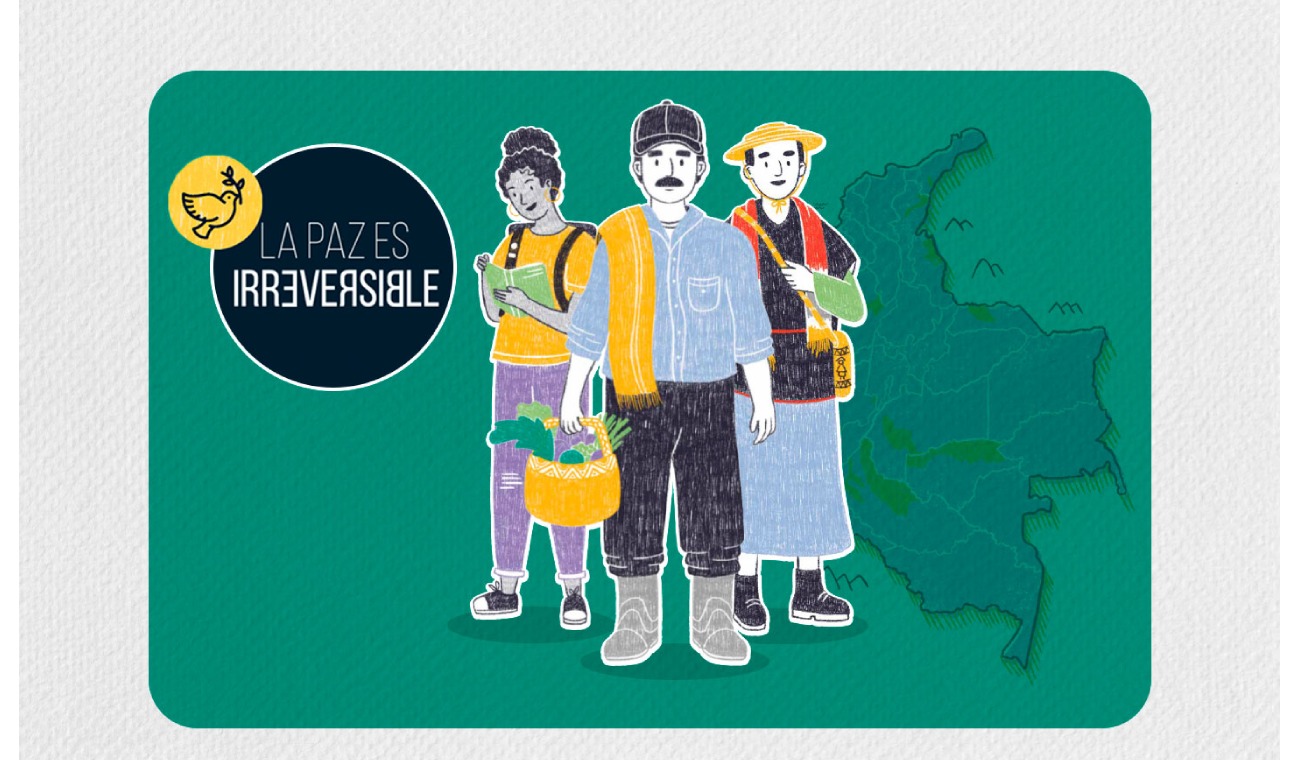The Agency for Reintegration and Normalization (RNA) has bet on coexistence, reconciliation and sustainable development in the Colombian territory, especially in areas historically hit by the conflict.
The entity has become an agent of change for nearly 13 thousand ex-combatants of the Farc-Ep who bet on building new life projects from legality and in that sense, through the reincorporation process, they have been offered new opportunities for progress to transform not only their realities but also those of their communities.
“We recognize opportunities as a fundamental factor for build the future of Colombia but then what else should we do? The answer is simple: harvest them and reproduce actions to spread them in each territory”, this is how he expresses it. Andrés Felipe Stapper, CEO of the RNA.
And it is that more than 4,662 productive projects in Colombia today are the result of the commitment of 9,412 people in the process of reincorporation to trace a path not only of reconciliation but also of development in different territories, with investments of more than $85,480 million by the Government and international cooperation, and the accompaniment technician for its sustainability.
The RNA has designed and strengthened instances of dialogue and planning, and a roadmap with seven guarantees necessary to serve the interests of the population, such as the aforementioned economic sustainabilitybut also in terms of habitability and housing, family care, health, community work, education and comprehensive psychosocial well-being.
In this sense, of the 12,800 people who advance in their process, the 84.7% of them are linked to the pension system, 98.9% are affiliated with the General System of Social Security in Health and 94% have access to the financial system.
“We had the challenge of consolidating a national and international policy that would generate opportunities and alternatives for effective access to rights.”
Therefore, 7,517 people have accessed basic primary, secondary, middle and higher education. Another of the results of this process that has reflected the commitment on the part of the national government is the issue of access to land, which, although it was not part of the Final Agreement, advanced by allocating $16,000 million for the purchase of 16 properties and achieving the consolidation of 24 former Territorial Spaces for Training and ReincorporationETCR, where 2,800 ex-combatants live together with their families.
The national government has focused on the creation of productive and sustainable alternatives in the medium and long term, the efforts are undeniable in the face of the challenges of peace, and the opportunities are, in short, the engine to build the path towards which the country must go.








